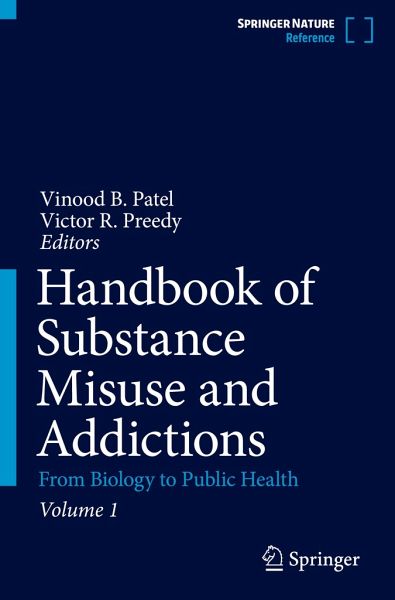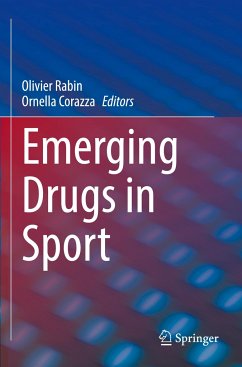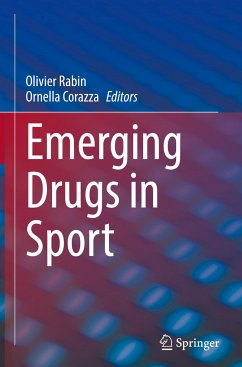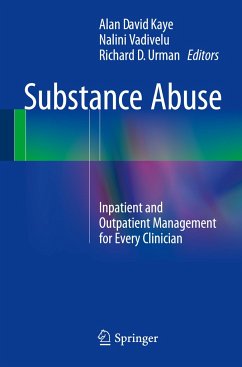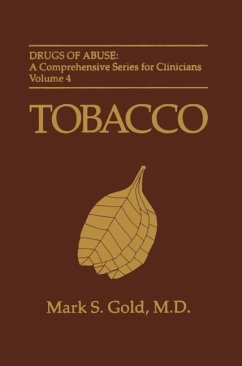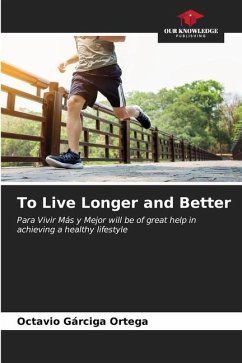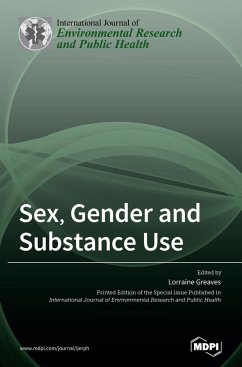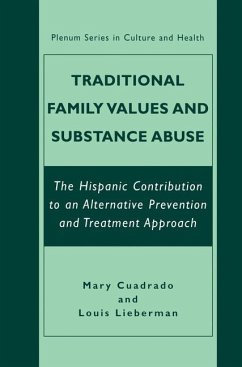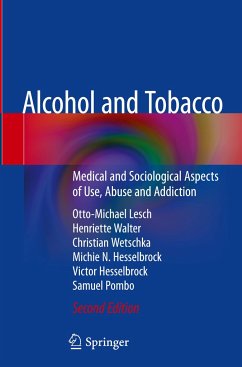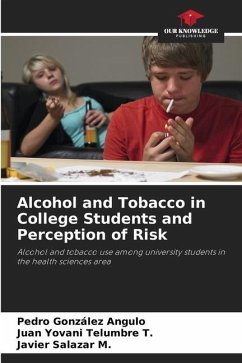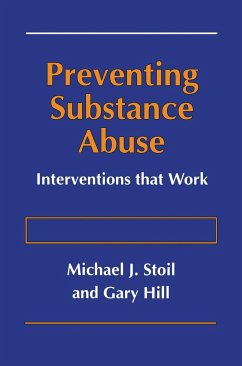Vinood B. Patel, BSc, PhD, FRSC, is currently a Reader in Clinical Biochemistry at the University of Westminster and honorary fellow at King's College London in the United Kingdom. He presently directs studies on metabolic pathways involved in liver disease, particularly related to mitochondrial energy regulation and cell death. Research is being undertaken to study the role of nutrients, antioxidants, phytochemicals, iron, alcohol, and fatty acids in the pathophysiology of liver disease. Other areas of interest are identifying new biomarkers that can be used for the diagnosis and prognosis of liver disease and understanding mitochondrial oxidative stress in Alzheimer's disease and gastrointestinal dysfunction in autism. Dr. Patel graduated from the University of Portsmouth with a degree in Pharmacology and completed his PhD in protein metabolism from King's College London in 1997. His postdoctoral work was carried out at Wake Forest University Baptist Medical School studying structural-functional alterations to mitochondrial ribosomes, where he developed novel techniques to characterize their biophysical properties. Dr. Patel is a nationally and internationally recognized researcher, and was involved in several NIH-funded biomedical grants related to alcoholic liver disease. Dr. Patel has edited biomedical books in the area of toxic agents (alcohol) and health prevention, and has published over 150 articles. In 2014, he was elected as a Fellow to The Royal Society of Chemistry. Victor R. Preedy BSc, PhD, DSc, FRSB, FRSPH, FRCPath, FRSC, is a senior member of King's College London in the United Kingdom. He is also Director of the Genomics Centre and a member of the School of Medicine. Professor Preedy has academic interests in addictions and substance misuse. He is a member of the Editorial Board of Drug and Alcohol Dependence, as well as Associate Editor of Frontiers in Addictive Disorders. He is a foundingmember of the Editorial Board of Addiction Biology. In his career Professor Preedy was attached to the Addictive Behaviour Centre at the Roehampton Institute, and also Reader at the School of Pharmacy London. He has collaborated with research groups in Finland, Japan, Australia, the United States, and Germany. Professor Preedy graduated in 1974 with an Honours Degree in Biology and Physiology with Pharmacology. He gained his PhD at the University of London in 1981. In 1992, he received his Membership of the Royal College of Pathologists and in 1993 he gained his second Doctoral degree, for his contribution to the science of protein metabolism in health and disease largely focused around the impact of ethanol as an addictive substance. Professor Preedy was elected as a Fellow of the Institute of Biology in 1995 and to the Royal College of Pathologists in 2000. Since then he has been elected as a Fellow to the Royal Society for the Promotion of Health (2004) and The Royal Institute of Public Health and Hygiene (2004). In 2009, Professor Preedy became a Fellow of the Royal Society for Public Health and in 2012 a Fellow of the Royal Society of Chemistry. To his credit, Professor Preedy has published over 600 articles, which includes peer-reviewed manuscripts based on original research, abstracts, and symposium presentations, reviews, and numerous books and volumes.
